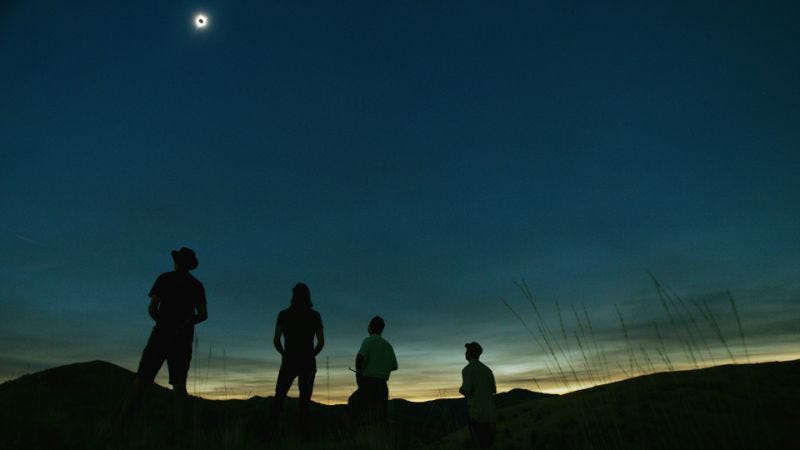Chasing Einstein

Theoretical physics may not sound like the most riveting of subjects for a documentary feature, but “Chasing Einstein” tackles it in an intriguing – possibly even disturbing – way.
The basic posit of the doc is the suggestion that Albert Einstein, the grandfather of modern physics, was wrong.
Not a failure or a fraud, but directors Steve Brown and Timothy Wheeler and writer Eric Myerson follow the growing scientific movement suggesting the possibility that Einstein’s theory of relativity was incomplete. Or, at least, that much of the scientific exploration and thought that has proceeded it is based on mistaken assumptions.
Following a litany of world-class scientists, both relativity adherents (including Nobel winners) and critics, “Chasing Einstein” gives us a peek into the inner workings of the most elite minds of those who spend their days and lives pondering the very fabric of existence.
Many are like Elena Aprile, a charismatic Italian transplant who leads a team at Columbia University that has built the finest detector of subatomic particles ever (they say). They have spent years collecting data and are ready to “unmask” their findings for the first time to see if they can observe dark matter.
Or Barry Barish, a geeky Ted Talk type who works at the European CERN with the largest collider in the world. (Lots of people say they have biggest/best of technology, as we’ll learn.) And even Margot Brouwer, a young Dutch doctoral candidate who is deciding whether to join with the skeptics, knowing it might damage her career prospects.
Not too long ago the CERN scientists were able to demonstrate that, as Einstein predicted, the gravitational waves in the galaxy cause matter to “bend” in tiny but detectible ways. It was an exciting validation that was seen as a paradigm shift.
But a new one may be approaching.
Further calculations have shown that the gravity generated by celestial objects only accounts for about one-sixth of all the measurable energy. So where is the rest coming from? Most scientists have attributed it to “dark matter” – an unseen, unknown particle that makes up most of space.
Since then there’s been a veritable race by scientific teams across the globe to verify dark matter… and they’ve all come up short. Decades of work and untold dollars – not to mention careers – are at stake.
Now naysayers like Erik Verlinde have come forth with the idea that there’s something else going on, and that dark matter is just a question mark scientists have filled into a blank spot they can’t answer. What if Einstein’s theory, and the scientific knowledge built upon it, are faulty, he asks.
Needless to say, this gets a lot of important people’s short pants in a bind. How do you tell someone like Aprile that most of their scholarly work may have been a dead end? Or ask governments and investors to keep funding dark matter detector work?
Cree Edwards is a dot-com player who gathers some of these scientists together to ask big-think questions and observe a total solar eclipse where they bond. One discussion between him and Verdlinde is particularly fascinating, as they talk about loved ones they’ve lost and how science is so poor at describing the totality of human existence.
Mostly, the insight that comes across from “Chasing Einstein” is the virtue of patience. Rather than dynamiting the mine of knowledge, scientists are like careful crafters tap-tap-tapping away carefully in a deep hole, hoping that decades of persistence will pay off with some tiny nugget of truth. We should all be so lucky.

